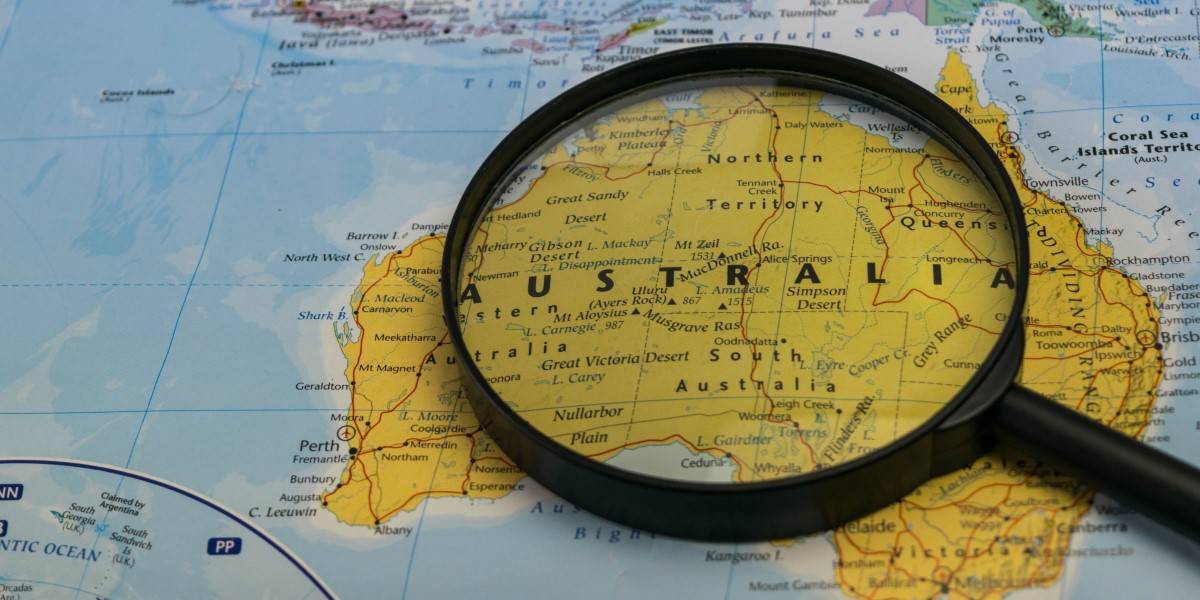Australian Government In Talks To Buy Pacific Islands' Top Telco

Australia's dominant telco, Telstra, has revealed the nation's government has asked it to consider a partnership to acquire Digicel Pacific – the largest mobile carrier in the Pacific Islands – in a move seemingly designed to contain China's influence in the region.
In a stock market announcement [PDF] posted on Monday, Telstra stated it has "been in discussions regarding a potential transaction to acquire telecommunications company, Digicel Pacific in the South Pacific in partnership with the Australian Government".
The statement added that Telstra was first asked to provide "technical advice", but talks have advanced to the point at which a purchase appears to be under consideration.
"If Telstra were to proceed with a transaction it would be with financial and strategic risk management support from the government" the announcement states.
Digicel Pacific operates in Papua New Guinea, Fiji, Nauru, Samoa, Tonga, and Vanuatu, and has around three million subscribers. However, Digicel Pacific's parent company is struggling with billions in debt and the Papua New Guinea operation – one of the group's best sources of revenue and income – is therefore a candidate for a balance-sheet-easing sale.
- Pacific nation accidentally does good thing in web crackdown
- US firm wins Oz-backed bid to block Huawei from subsea Pacific cables
- Australia, Solomon Islands to ink Huawei-free cable contract today
- Biden expands Chinese tech and military blocklist to 59 companies
While over 30 per cent of Australia's foreign aid budget goes to Pacific nations, and Australia recognises the importance of telecoms in the region, funding the acquisition of a regional retail telco represents novel policy.
But such an intervention would be consistent with Australian foreign policy, which has seen the nation pay for submarine data cables that reach its Pacific neighbours.
The reason for funding those projects was simple: China had offered to build cables and Australia decided it would rather its Pacific friends access data that did not route through the Middle Kingdom or rely on Huawei equipment.
The same logic seemingly applies to exploration of helping Telstra to acquire Digicel Pacific, because China Mobile is also rumoured to be interested in a bid. Australia has banned Huawei from its 5G networks.
Australia's government privatised Telstra because it felt the public sector had no role in retail telecoms operations. That logic seems not to apply when foreign policy and national security considerations are taken into account.
Another matter Australia's government may wish to consider is Telstra's well-earned reputation for byzantine customer service. If the carrier exports that model to the Pacific, buying Digicel Pacific could do Australia more harm than good. ®
From Chip War To Cloud War: The Next Frontier In Global Tech Competition
The global chip war, characterized by intense competition among nations and corporations for supremacy in semiconductor ... Read more
The High Stakes Of Tech Regulation: Security Risks And Market Dynamics
The influence of tech giants in the global economy continues to grow, raising crucial questions about how to balance sec... Read more
The Tyranny Of Instagram Interiors: Why It's Time To Break Free From Algorithm-Driven Aesthetics
Instagram has become a dominant force in shaping interior design trends, offering a seemingly endless stream of inspirat... Read more
The Data Crunch In AI: Strategies For Sustainability
Exploring solutions to the imminent exhaustion of internet data for AI training.As the artificial intelligence (AI) indu... Read more
Google Abandons Four-Year Effort To Remove Cookies From Chrome Browser
After four years of dedicated effort, Google has decided to abandon its plan to remove third-party cookies from its Chro... Read more
LinkedIn Embraces AI And Gamification To Drive User Engagement And Revenue
In an effort to tackle slowing revenue growth and enhance user engagement, LinkedIn is turning to artificial intelligenc... Read more

